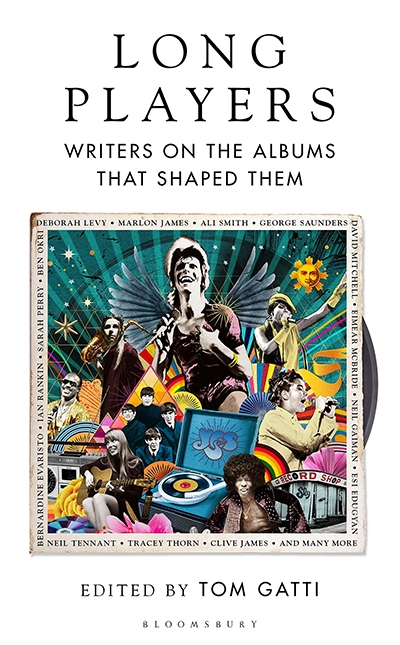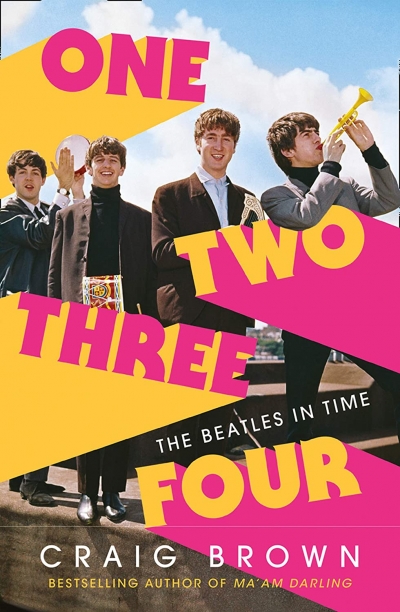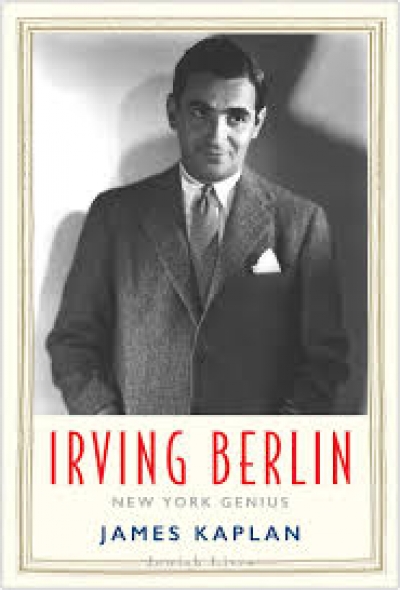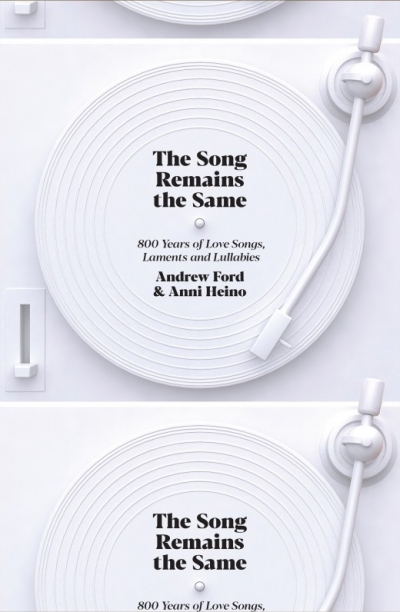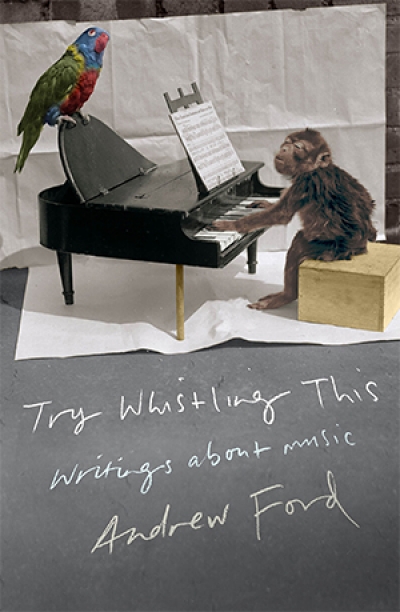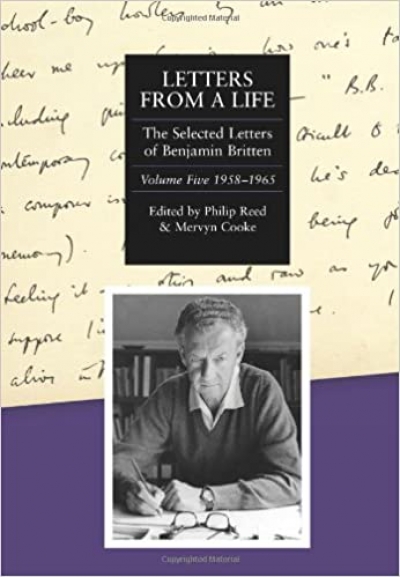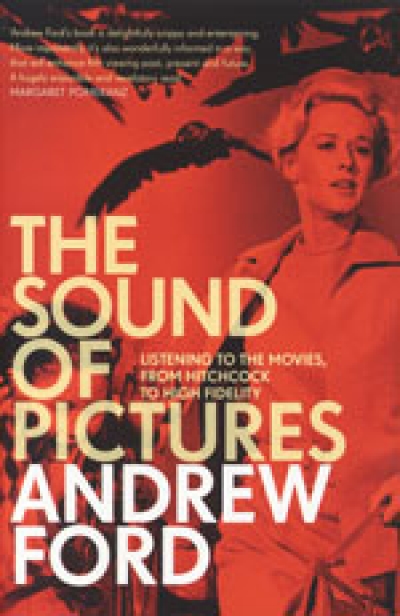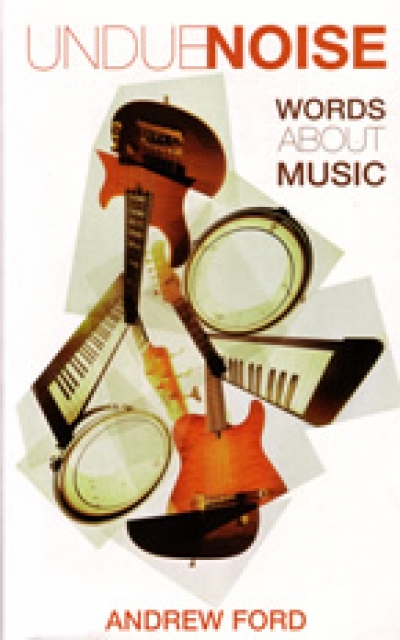Andrew Ford
Long Players: Writers on the albums that shaped them edited by Tom Gatti
by Andrew Ford •
The Song Remains the Same: 800 years of love songs, laments and lullabies by Andrew Ford and Anni Heino
by David McCooey •
The idea that reviewing books, concerts, theatre, and the visual arts was part of the function of a journal of record has practically gone. Now if you’re reviewed at all, you’re lucky to get a paragraph. The flip side is the blogger, with no constraints on length, who writes thousands of ill-disciplined words. Obviously, magazines such as ABR have taken up some of the slack, but there’s only so much they can do. When it comes to charting and evaluating daily arts practice, our newspapers have abnegated their duty.
... (read more)Letters from a Life: The Selected Letters of Benjamin Britten 1913–1976: Volume Five 1958–1965 edited by Philip Reed and Mervyn Cooke
by Andrew Ford •
The Sound of Pictures: Listening to the Movies, From Hitchcock to High Fidelity by Andrew Ford
by Robert Gibson •

